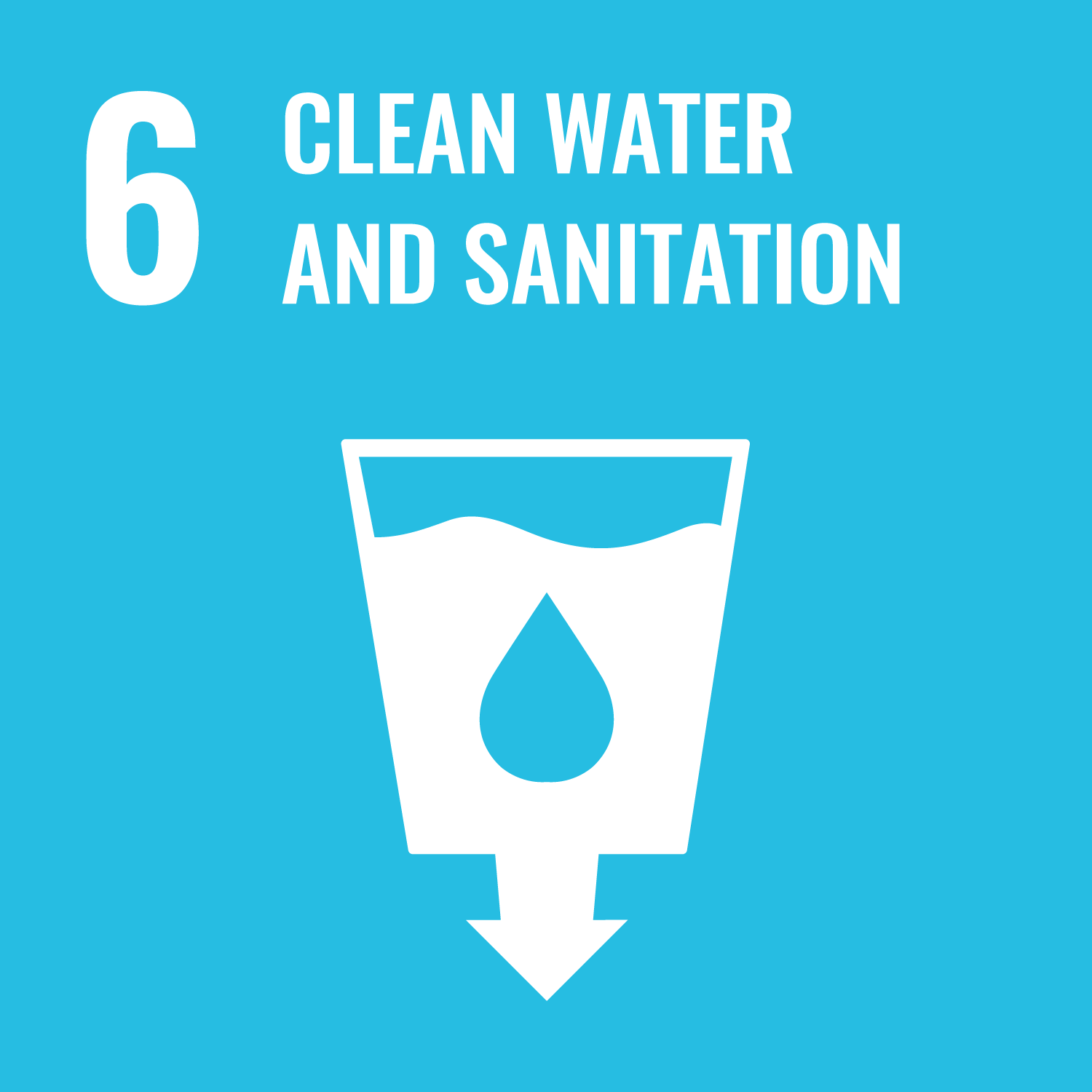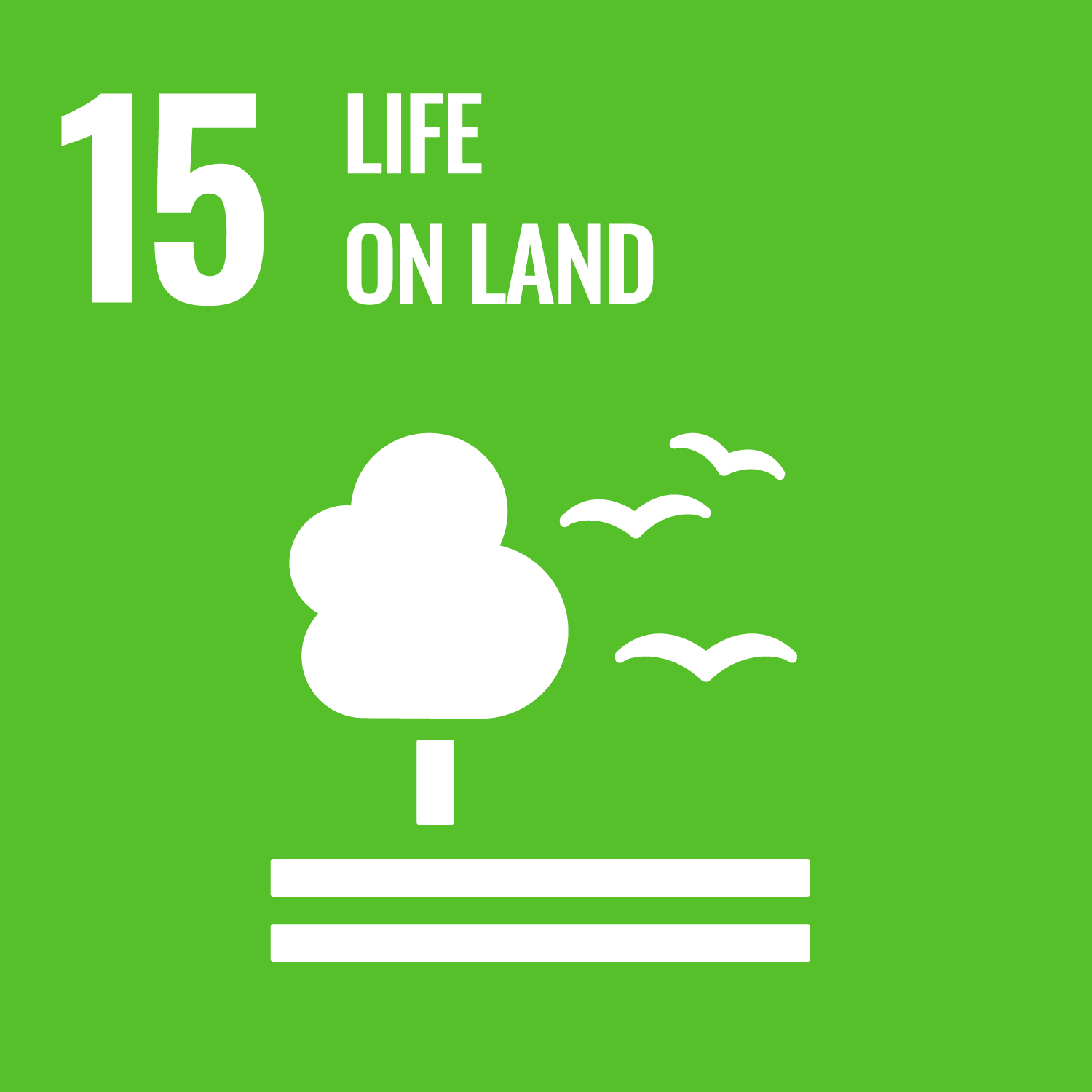In this lecture, we cover the following topics outlined in the class schedule, which are essential for river management.
This lecture is an in-person lecture with Zoom meeting recordings available. Through the lectures, students will gain an understanding
of the fundamental concepts of river engineering, as well as the hydraulic, geomorphological, biogeochemical, and ecological
characteristics of rivers.
(1) To understand the basic concept of river engineering
(2) To understand rivers' hydraulic, geomorphological, biogeochemical, and ecological characteristics
(3) To understand the state-of-the-art research on river management under the global climate change and its adaptation
(2) To understand rivers' hydraulic, geomorphological, biogeochemical, and ecological characteristics
(3) To understand the state-of-the-art research on river management under the global climate change and its adaptation
- To understand the basic concept of river engineering
- To understand the rivers' hydraulic, geomorphological, biogeochemical, and ecological characteristics
- To understand the state-of-the-art research on river management under global climate change and its adaptation
| Mid-term Examinaiton | Final Examination | Total. | |
|---|---|---|---|
| 1. | 15% | 15% | 30% |
| 2. | 15% | 30% | 45% |
| 3. | 0% | 25% | 25% |
| Total. | 30% | 70% | - |
Evaluation method: The total score is 100%, comprising the final examination (70%) and the mid-term examination (30%). Criteria:
S (90% and above for excellent students), A (80-89%), B (70-79%), C (60-69%), and D (59% and below to fail). Proviso: We exclude
students with a low attendance percentage (80% and below) from evaluation.
| Class schedule | HW assignments (Including preparation and review of the class.) | Amount of Time Required | |
|---|---|---|---|
| 1. | Introduction, Lecture Guidance (1) Explanation of the syllabus, contents, evaluation methods, office hours, etc (2) Significance of learning River Engineering (3) River flooding: flood inundation simulations in Japanese rivers |
Read the syllabus to understand the lecture contents (Lecture Guidance) (preparation). | 10minutes |
| Read this week’s topics in the textbook/handout (preparation). | 180minutes | ||
| 2. | River Hydraulics (1) Basic knowledge of hydraulics in rivers (2) Basic equations for mass and momentum transport in rivers |
Read this week’s topics in the textbook/handout (preparation). | 180minutes |
| 3. | Mid-term Examination and Its Explanation | Review the course’s contents (review). | 300minutes |
| 4. | River Geomorphology and Sediment Transport (1) Characteristics and Problems of the sediment and suspended solids in rivers (2) Characteristics of the sediment transport and fluvial geomorphology (3) Management of sediment transport in dams and reservoirs |
Read this week’s topics in the textbook/handout (preparation). | 180minutes |
| 5. | Water Quality Dynamics and Stream Ecosystems (1) Problems with the water quality and riverine ecosystems in river basins (2) Basic knowledge of the water quality and riverine ecosystems |
Read this week’s topics in the textbook/handout (preparation). | 180minutes |
| 6. | River Vegetation Management (1) Riparian vegetation overgrowth in rivers |
Read this week’s topics in the textbook/handout (preparation). | 180minutes |
| 7. | Final Examination and Its Explanation | Review the course’s contents (review). | 360minutes |
| Total. | - | - | 1570minutes |
| ways of feedback | specific contents about "Other" |
|---|---|
| Feedback in the class |
The students expect to acquire the following knowledge: fluid mechanics and engineering hydraulics, as covered in the following
lectures at SIT: Introduction to Hydraulics (Grade 2, First Semester) and Hydraulics (Grade 2, Second Semester).
- Office Hours: on the lecture day, after the class from 18:40 to 19:00, in the lecture room.
- Contact Method: The Email address is provided in the guidance (at the first lecture). Please note that an appointment with the lecturer is strongly recommended via email.
- Additional contents or related documents in this lecture will be uploaded to the Lecture’s Folder of the SIT ScombZ.
- Course that cultivates an ability for utilizing knowledge
- Course that cultivates a basic problem-solving skills
| Work experience | Work experience and relevance to the course content if applicable |
|---|---|
| N/A | N/A |



- 6.CLEAN WATER AND SANITATION
- 11.SUSTAINABLE CITIES AND COMMUNITIES
- 15.LIFE ON LAND
Last modified : Thu Nov 13 04:03:58 JST 2025
